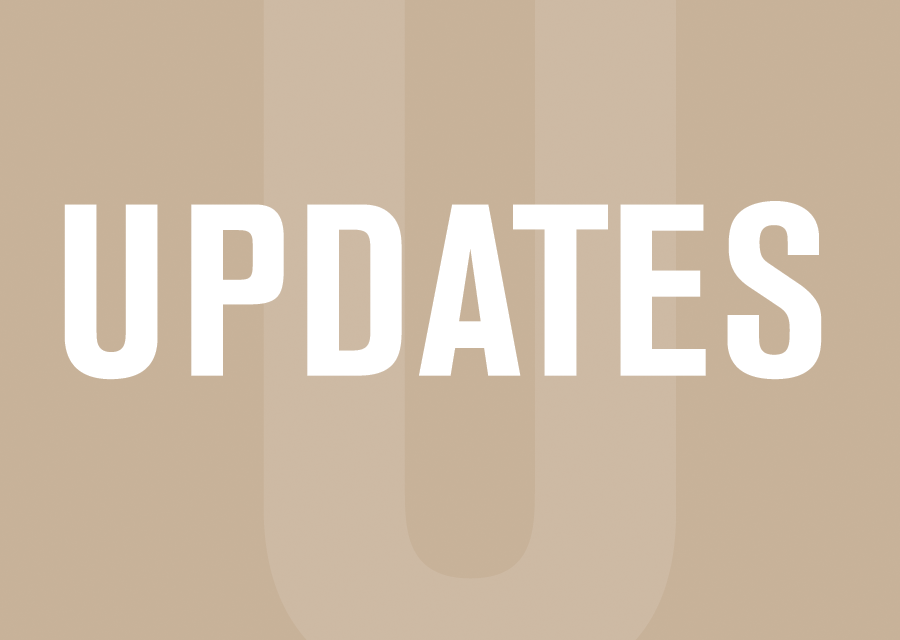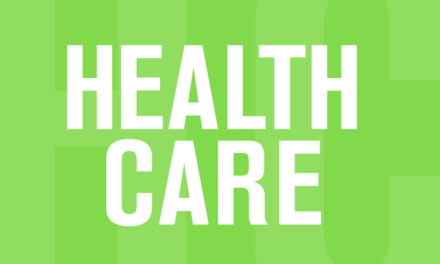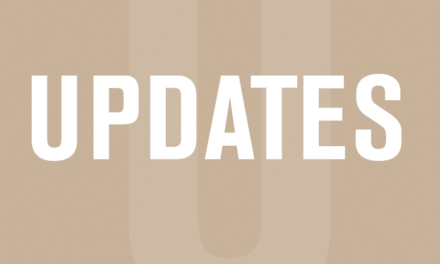Any momentum towards an improved deal on federal health transfers to the provinces seems to be slowing. First it was the Justin Trudeau government telling the provinces to wait. And now it seems the official opposition Conservatives are losing their enthusiasm for a sizeable increase in transfer payments.
In an interview last week with Brunswick News, Conservative leader Erin O’Toole refused to be pinned down to a dollar or percentage increase in transfers. This represented an about-face from the startling position taken earlier by the deputy leader of the Conservatives, discussed here. Back in October, Manitoba MP Candice Bergen called for federal funding of 50 per cent of health care costs, which would be more than twice the current federal contribution.
The Bergen number was significantly more than what was being demanded by the provinces, led at the time by the Conservative premiers of Ontario, Manitoba and Alberta, joined by CAQ Premier Legault from Quebec. They were looking for a 67 per cent top up of last year’s $42 billion per annum health transfer. That would bring the federal share to 35 per cent.
The Premiers’ initiative led to a December meeting between Trudeau and all of the provincial premiers. The virtual meeting did produce a concession from Trudeau that the federal government needs at some point to increase its share of health spending. But not now, with the pandemic creating fiscal uncertainty and the feds already having sent the provinces an extra $10-billion to help with COVID-related health expenses.
As Trudeau put it: “We know that we need to do that (increase transfers) in a way that is right for the coming years and the coming decades and right now there is a lack of certainty of what our economic situation or even our health situation might look like in three months, let alone in three years.”
Thus, there will be nothing in the spring budget to increase the Canada Health Transfer beyond the mandated three per cent, a reality confirmed on Dec. 17 when Finance Canada posted data on major transfers that show health transfers increasing by the usual three per cent, to $43.13 billion in 2020-21.[i]
Although the Conservatives and the Bloc Quebecois made a big deal of health transfers during the fall sitting of parliament, Erin O’Toole’s year-end interview with Brunswick News revealed that when it comes to large permanent increases in health transfers, he’s closer to Trudeau than he is to the position taken a few months ago by his deputy.
The notion of the feds paying 50 per cent seems to have dropped out of sight, and even support for the 35 per cent advocated by the premiers is being avoided. Instead, O’Toole told Adam Huras of Brunswick News that in negotiating with the provinces, a Conservative government would try to “arrange something that works, that the fiscal framework can handle.” The important thing, he said is “the approach and style and not the actual amount.”
By “approach and style” O’Toole means that the Conservatives would transfer health money to the provinces without conditions, unlike the Liberals. In the past, the Liberals have targeted modest increases in transfers to home care and mental health, and want to take a similar approach when it comes to more federal funding of nursing homes and pharmacare.
Unconditional transfers is a well-established Conservative position that sets them up to compete for votes in Quebec with the province-first Bloc Quebecois, vociferous in their support of the Quebec government’s demand for more federal dollars with no strings attached. So it’s politics as usual, with any resolution to the longstanding need for fixing the health care funding formula once again kicked down the road.
-30-
[i] Nova Scotia’s health transfer to increase by $32 million (2.87 per cent) his year and total transfers (health and social transfers and equalization) will go up by 5.8 per cent.







The less that is spent to resolve this health pandemic, the longer it will take to get it out of the system and under control. We can pay now or later. Our choice. But pay we will.
Thanks for this analysis and reporting Richard. I’d missed that Bergen (and O’Toole I gather?) supported upping the Federal contribution to 50% which is where it should be. They and the Liberals have a shameful history on this.